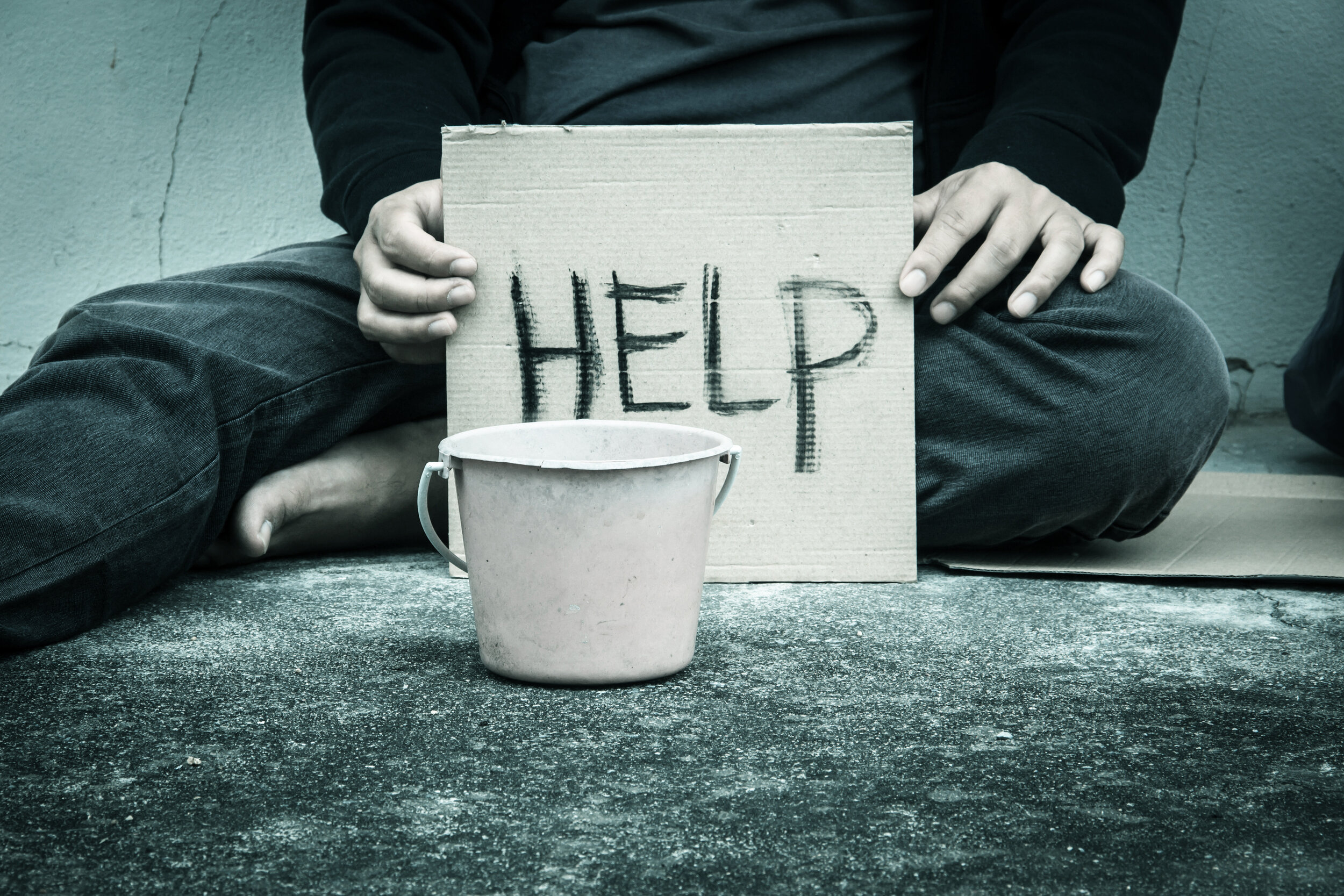The Impact of Homelessness on Compliance
Identify the issue, divert the case, & report the impact.
Resolving Compliance Impact
As of January 2019, Florida had an estimated 28,328 experiencing homelessness on any given day, as reported by Continuums of Care to the U.S. Department of Housing and Urban Development (HUD). Of that total, 5,729 were individuals experiencing chronic homelessness.
There were 253,511 defendants involved in county criminal cases during the recent FY19/20 fiscal year according to Florida Court statistics . The homeless who become involved in these cases presents a resolution dilemma. There is limited ability to resolve court sanctions. Without an address notices for court attendance go unreceived. For the homeless, paying fines becomes the least of challenges while facing insufficient housing, unemployment, drug dependencies, and mental health issues. Without personal resources fines and costs are overburdening. How do Clerks resolve obligations due and report the homeless impact on compliance service?
Identify
When you see it, you can solve it. Acknowledging a homeless case opens options for a proper case resolution. Services and social agency assistance are available at the state and local level. The process begins at the initial court appearance to arrange attorney representation and bond. A homeless status can be uncovered as part of the defendant’s background review for court. The cry for help is clearly visible. Once uncovered, the justice community has the obligation to defer the case for additional screening.
Divert
Compliance programs have an opportunity to create awareness of homeless defendant cases. There are many diversion options available in courts across the country and in Florida to turn to.
In San Diego, California the Homeless Court Program (HCP) was established in 1989 as the first dedicated homeless court program. HCP focuses on helping those charged with criminal offenses obtain resources to break the cycle of returning back into the justice system. The Core Elements of the Homeless Court Program include voluntary enrollment by homeless participants to address a range of misdemeanor charges.
Homeless Court providers work with participants to obtain life skills, treat chemical dependencies, receive classroom training, or job search assistance, and treatment for medical or mental health conditions. Participants along with Homeless Court Providers provide completed treatments and programs to the court prior to sentencing. In exchange the court will reduce or wave court fines and close out the case. No participant is taken into custody or incarcerated.
Founded on January 8, 2019, Sarasota County’s Community Care Court seeks out long-term homeless individuals. Similar to the San Diego program the court provides services that will alter the homeless way of life. This includes coordination strategies with health, social, and education systems in the community. Participation in the program is voluntary for non-violent ordinances or qualified misdemeanor offenses. The court monitors progress of participants monthly and those who successfully complete the program have their charges either dismissed or reduced.
Compliance is about encouraging payment but there are times when customers don’t have that ability. As a compliance team we should be aware of cases that need to be diverted for homeless assistance. Getting to the right kind of help solves the compliance issue for your customer and the court.
Report
Many programs report the homeless issue. In compliance, it’s important to know what is uncollectable, why it is, and how to get help to the customers involved. Tracking these cases in more detail provides better information to work with the problem.
Homeless prevention strategies exist within the courts and the community. They may exist in yours. We want to know more about your experience with homeless cases. You can drop us a line at complianceimprovement.com. We will be surveying this challenge in the near future for follow-up. Your input is appreciated.
Don Murphy is the Principal and Senior Consultant for Compliance Improvement Services (CIS) which provides consulting and training for courts and local government. He is a Fellow with the National Center for State Courts and has over 25 years of court administration experience.
